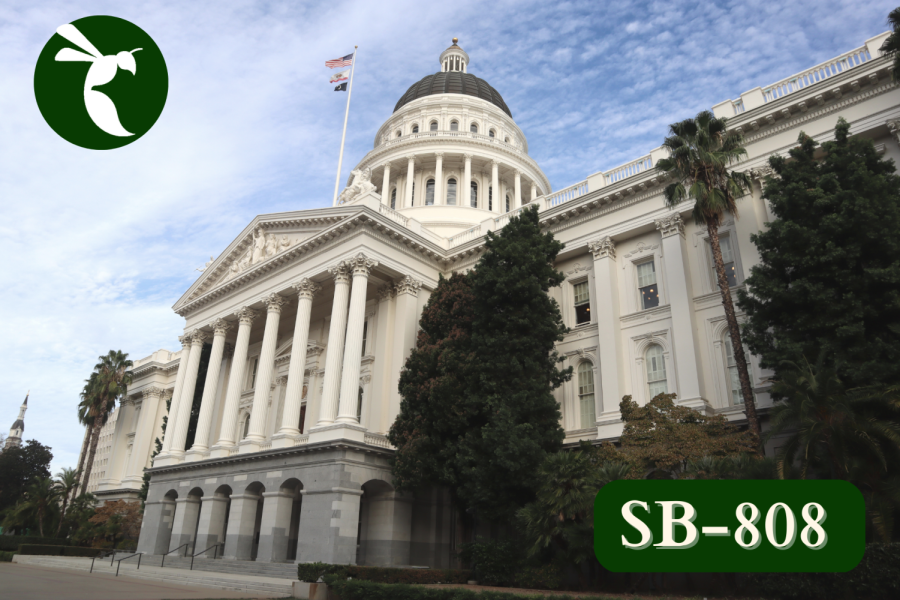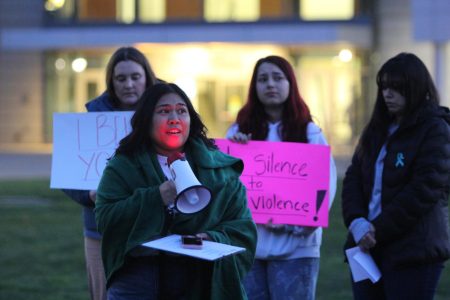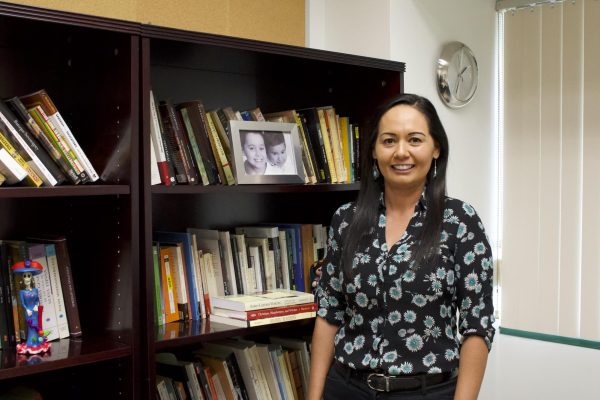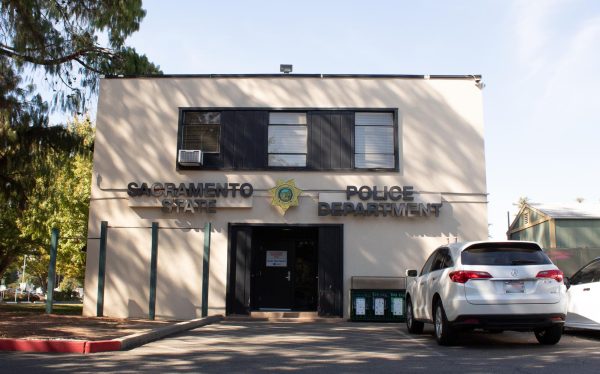Proposed bill to hold CSU accountable for sexual misconduct
SB 808 to address reporting process, retreat rights
The California State Capitol Friday, Oct 21, 2022. Senate Bill 808, recently introduced to the California legislature in February, aims to hold the California University System accountable with handling sexual assault and sexual harassment complaints. (Photo by Jacob Peterson, Graphic made in Canva by Tierra Tilby).
March 13, 2023
Legislation was introduced last month in the California Senate aimed at improving transparency on the reporting process for sexual harassment and sexual assault within California State University campuses.
Sen. Bill Dodd, Democrat from Napa, authored Senate Bill 808, which focuses on holding the CSU accountable after years of numerous sexual harassment and violence cases across the system, Paul Payne, Dodd’s press secretary said.
This bill will require campus administration to approve all sexual harassment settlements and mandate each campus to send reports on the number of sexual harassment complaints. It will also call for all assault reports to be filed to the California legislature and prohibit retreat rights for administrators who violated Title IX.
“The Senator believes [the CSU system] hasn’t done a good enough job of preventing [sexual misconduct],” said Payne. “They haven’t been transparent enough about their handling of these incidents.”
The first provision would require each CSU to have someone who holds institutional power, like a campus president, to be involved in all sexual harassment settlements. Payne said this provision, would make settlements public.
Jouanna Rios, a fourth-year social work major, said she believes the bill will help make all students feel safe and improve Sac State’s campus environment.
“If anything happens, it will be handled right,” Rios said.
The second provision focuses on reporting the number of sexual harassment reports filed for the sake of transparency. Alongside recording each assault, this provision would also require the length of the investigation process by the university and the outcome of every case.
Katelyn Castaneda, a fourth-year business major, said she hopes that information reported to the Legislature would be accessible to students and easily viewable on a website.
“[Provision two] would be helpful so that we are aware of [what is] physically going on and be able to see it ourselves,” Castaneda said.
Provision three of the bill would prohibit college administrators accused of mishandling sexual harassment from leaving their position to a faculty position at another CSU campus meaning that they can continue employment within the system, just in a different position, something the senator is very concerned about according to Payne.
Mike Ulhenkamp, the director of strategic communications for the CSU, said the CSU is currently “reviewing the particular bill for impacts on the university.”
“We have engaged third-party experts to conduct a thorough, systemwide review of Title IX processes, and in the coming months will be preparing to implement any recommendations that are in the best interest of providing a safe and welcome learning environment for our students,” Ulhenkamp said.
The Office of Equal Opportunity, which manages issues regarding sexual assaults and Title IX policy at Sac State, was not available for comment.
All CSU campuses have had a surge of reported sexual assaults and harassment, according to Payne.
At Sacramento State, several sexual assaults were reported last semester.
The next step for the bill will be rewriting provisions and voting on its status on or after March 20, according to Payne.















































































































































